對於有網上博客發表題為《梁粉「港人講地」老屈前港督衛奕信撐警察》的文章,並有個別網上群組將不實訊息在網上散播,《港人講地》對此予以譴責及深表遺憾。
《港人講地》編輯部翻閱前港督衛奕信10月16日在英國上議院發言全文,衛奕信在發言中清楚指出,很難想到世界有一個大城市,能像香港有這種大型示威持續那麼久而只發生那麼少的嚴重事件。他認為香港示威能這樣進行,「部分功勞也應歸於警隊」(衛奕信發言原文:It is hard to think of a great city in the world where this sort of demonstrating can go on for so long with so few serious incidents. Apart from the incidents referred to by the noble Lord, Lord Thomas of Gresford, where the police did certain things, some of the credit for this goes to the Hong Kong police as well.)。
因此,有關文章聲稱《港人講地》「屈」衛奕信,基本上是完全失實及毫無道理,且亦是近乎誣衊的指控。
對於該文章又質疑有報章「斷章取義說衛奕信撐中國冇違反聯合聲明」,有關指控同樣是失實的。根據衛奕信的發言原文,明確指出了「不時有指控說中國已違反了中英聯合聲明的條文,但是就我個人所知,沒有實質證據顯示中國或香港特區政府有違反有關聲明的條文」(There are accusations made now and then that China has broken the terms of the joint declaration but I personally know of no valid evidence that either China or the Hong Kong SAR has offended against the terms of that declaration.)。
同時,該文章亦指衛奕信聲稱「目前香港主要的問題不是聯合聲明,而是基本法」,亦是扭曲了原意。根據衛奕信的發言原文,現在於香港發生的事情,跟中英聯合聲明根本沒有直接關係,而是跟香港《基本法》這個小憲法有關(Of course what is going on in Hong Kong at the moment is not directly related to the joint declaration; rather, it is related to Hong Kong’s mini-constitution—the Basic Law.)。
衛奕信更在發言中指出,香港示威者現時為他們自己訂下的目標,包括要特首梁振英下台,能夠實現的機會甚微。(After all, the objectives that the demonstrators set for themselves seem to have so little chance of being realised. Many of them say just that. For instance, there is the demand that the Chief Executive, Mr Leung Chun-ying, should resign) 。
而他續指出, 示威者訴求的核心, 是要三年後進行的下屆行政長官選舉, 候選人名單要由市民大眾公開提名出來, 而不是由提名委員會提出, 他們亦不要由提名委員會選出最多兩至三名候選人的名單。 然而,這就等如要取消了早於90年代已訂下的《基本法》的規定及全國人大會議的決定,衛奕信認為「這些規定的確很難會因早前及現時進行的示威活動而有所改變。」(However, the heart of the protesters’ demands, as other noble Lords have said, is of course that the election of the next Chief Executive in three years’ time should be on an open list of candidates put forward by the public, not processed by a nomination committee, nor with the list of candidates limited to two or three by that committee. After all, it is calling for the abandonment of what was laid down in the Basic Law way back in the 1990s, as well as what has been said by the National People’s Congress since... It really is hard to see those provisions being changed as a result of the demonstrations that have been going on and are going on now)。
而倘若2017年普選行政長官方案不能經立法會三分二議員通過,特首選舉辦法將原地踏步,即特首由1200人的委員會選出, 並非由普選產生。香港亦將錯失這一個政制向前邁步的重要機會。衛奕信說:「就算說得輕一點,這將會是莫大遺憾。」(If the next Chief Executive is to be elected in 2017 for the first time ever by all the electors of Hong Kong, a proposal to do that has to be passed by Hong Kong’s Legislative Council—by a two-thirds majority, incidentally. If there is no such majority because people want more than is on offer, then the whole process of choosing the next Chief Executive falls back to what is there now—in other words, a choice made only by that committee of 1,200 people, not by universal suffrage. So the opportunity for a major step forward in Hong Kong would be missed, and that, to put it mildly, would be a great shame.)
為釋除疑慮,《港人講地》現特意將衛奕信英語發言原文載錄如下,以供各位參考及判斷:
Lord Wilson of Tillyorn (CB): My Lords, with demonstrations still going on in Hong Kong and emotions running quite high, it is quite hard to know how we here can comment helpfully on the situation there. But perhaps this debate launched by my noble friend Lord Luce gives us the opportunity to stand back and try to see these events in context.
It is now 17 years since Hong Kong became a special administrative region, or SAR, of China and the UK ceased to have any direct responsibilities for administration there. It is even longer—some 30 years—since the joint declaration on the future of Hong Kong was signed by China and Britain, and registered in the United Nations as an international treaty. That joint declaration has stood up well against the passage of time. There are accusations made now and then that China has broken the terms of the joint declaration but I personally know of no valid evidence that either China or the Hong Kong SAR has offended against the terms of that declaration. Of course what is going on in Hong Kong at the moment is not directly related to the joint declaration; rather, it is related to Hong Kong’s mini-constitution—the Basic Law which, as the noble Lord, Lord Sassoon, said just now, was passed as long ago as 1990 by the National People’s Congress of China. It is of course a Chinese document, not part of the joint agreement with the UK.
Looking from a distance at those massive demonstrations which have been going on now in Hong Kong for well over two weeks, it is hard not to be impressed by the enthusiasm of thousands of young people and their commitment to their own political future. It is hard too not to be impressed by the generally peaceful way in which the demonstrations have been carried out, particularly in their early days. It is hard to think of a great city in the world where this sort of demonstrating can go on for so long with so few serious incidents. Apart from the incidents referred to by the noble Lord, Lord Thomas of Gresford, where the police did certain things, some of the credit for this goes to the Hong Kong police as well.
I said that it was hard not to be impressed by some of these things, but it is hard not to be concerned as well. After all, the objectives that the demonstrators set for themselves seem to have so little chance of being realised. Many of them say just that. For instance, there is the demand that the Chief Executive, Mr Leung Chun-ying, should resign. Perhaps that one was largely symbolic, rather like what occurs down the Corridor in another place when there are calls for the Prime Minister or other Ministers to resign.
However, the heart of the protesters’ demands, as other noble Lords have said, is of course that the election of the next Chief Executive in three years’ time should be on an open list of candidates put forward by the public, not processed by a nomination committee, nor with the list of candidates limited to two or three by that committee. That demand is not being made in a vacuum. After all, it is calling for the abandonment of what was laid down in the Basic Law way back in the 1990s, as well as what has been said by the National People’s Congress since. The Basic Law had what it called the ultimate aim of a Chief Executive elected by universal suffrage but that was to be on the basis of a nomination committee, which was to be broadly representative and chosen by what was called a democratic process. It really is hard to see those provisions being changed as a result of the demonstrations that have been going on and are going on now. Perhaps, indeed, as noble Lords have suggested, it might be better for those who are strenuously opposed to the provisions now being laid down to concentrate rather on matters such as how to form that broadly represented nomination committee and how it should actually operate in practice.
There is another, more serious concern about the demands being made. If the next Chief Executive is to be elected in 2017 for the first time ever by all the electors of Hong Kong, a proposal to do that has to be passed by Hong Kong’s Legislative Council—by a two-thirds majority, incidentally. If there is no such majority because people want more than is on offer, then the whole process of choosing the next Chief Executive falls back to what is there now—in other words, a choice made only by that committee of 1,200 people, not by universal suffrage. So the opportunity for a major step forward in Hong Kong would be missed, and that, to put it mildly, would be a great shame.
Looking beyond these concerns, there is an even bigger issue. Hong Kong and the lives of all its people can prosper, rather as my noble friend Lord Luce was saying, on the basis of trust, and that is trust between Hong Kong and mainland China. Hong Kong itself can play a full role in the development of China, with its financial expertise, its superb communications and its rule of law, only if there is trust between mainland China and Hong Kong. So when the dust settles on the present disputes, the hope must be that all those in positions of leadership, and all those enthusiastic young people concerned about the future of their society, will devote their efforts to building up that trust.
上議院發言記錄原文:
http://www.publications.parliament.uk/pa/ld201415/ldhansrd/text/141016-0002.htm#14101679000328
原圖:ust.hk
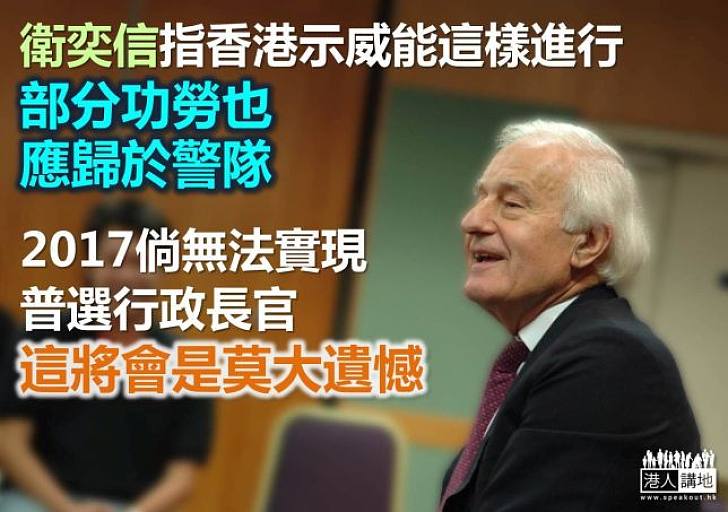
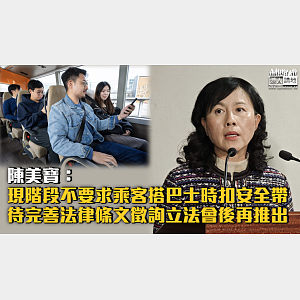
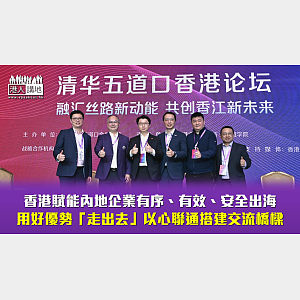
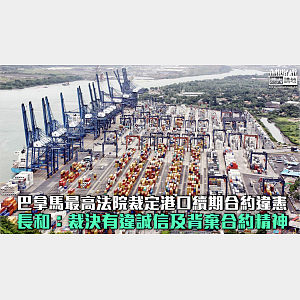
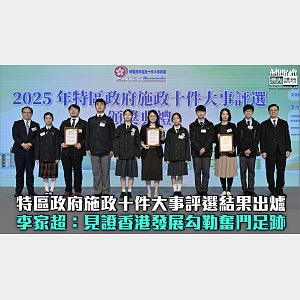
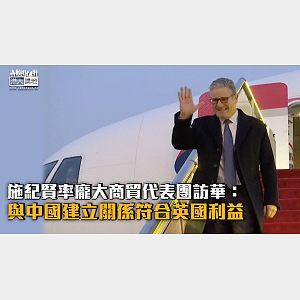
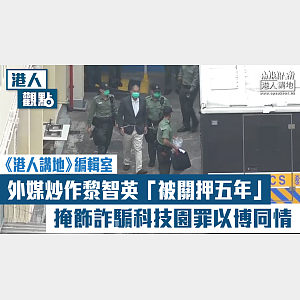
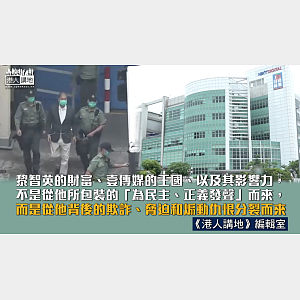
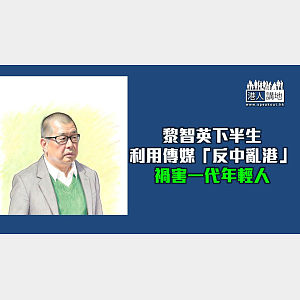
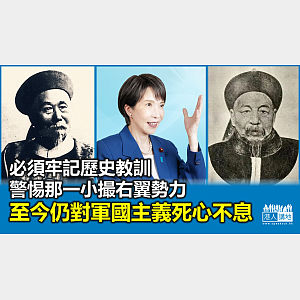
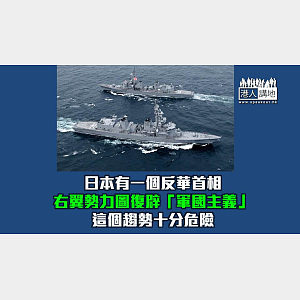




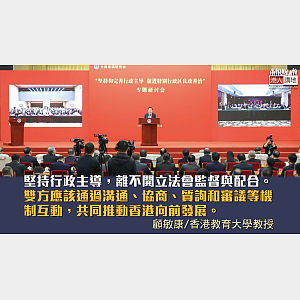
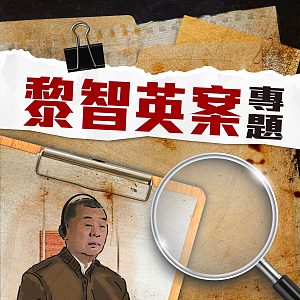


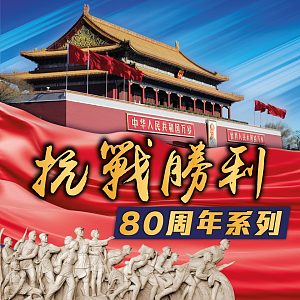
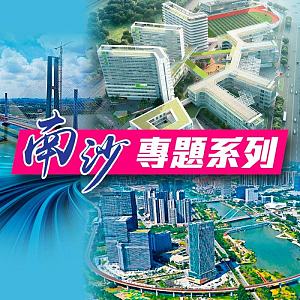







評論